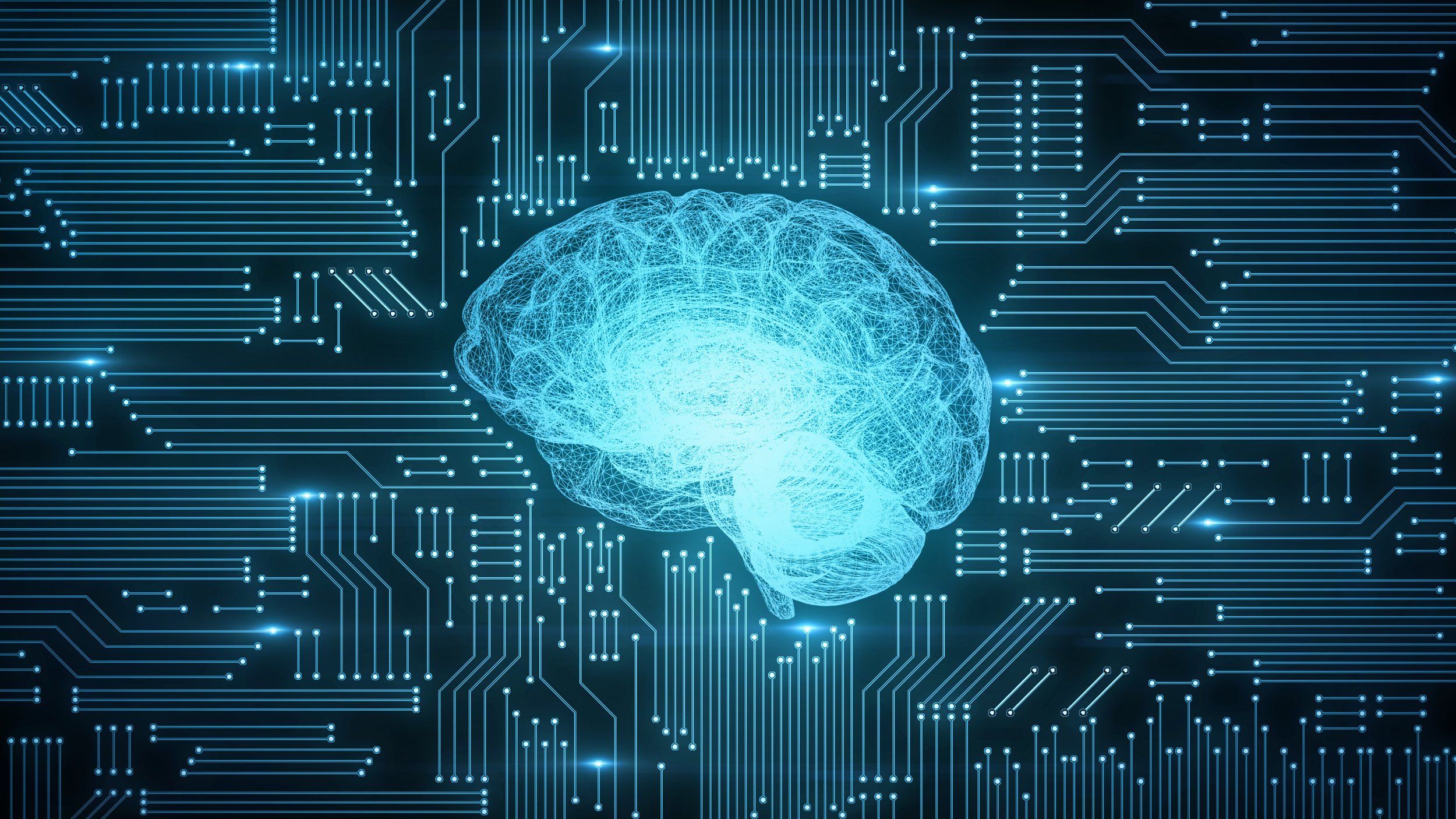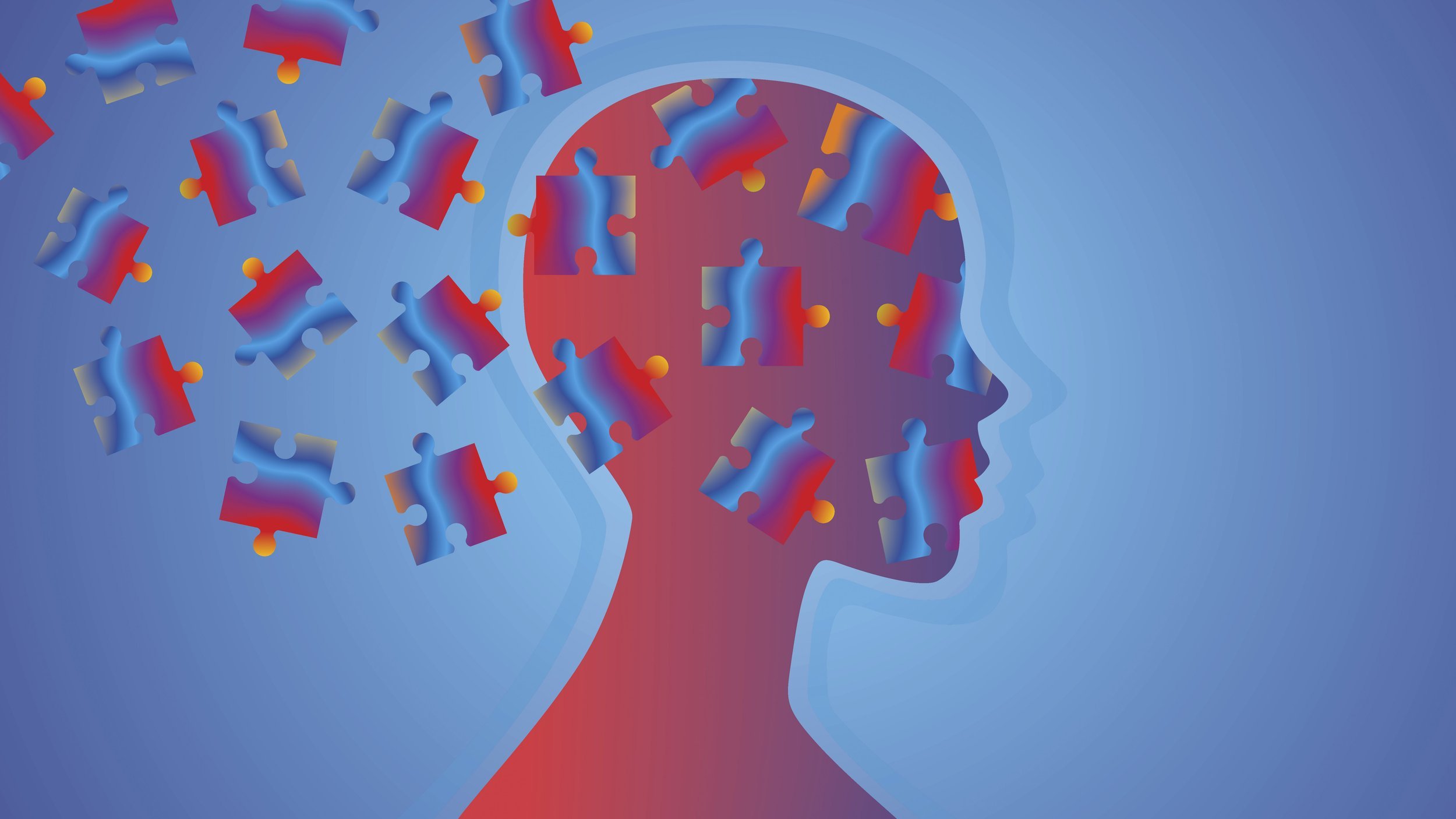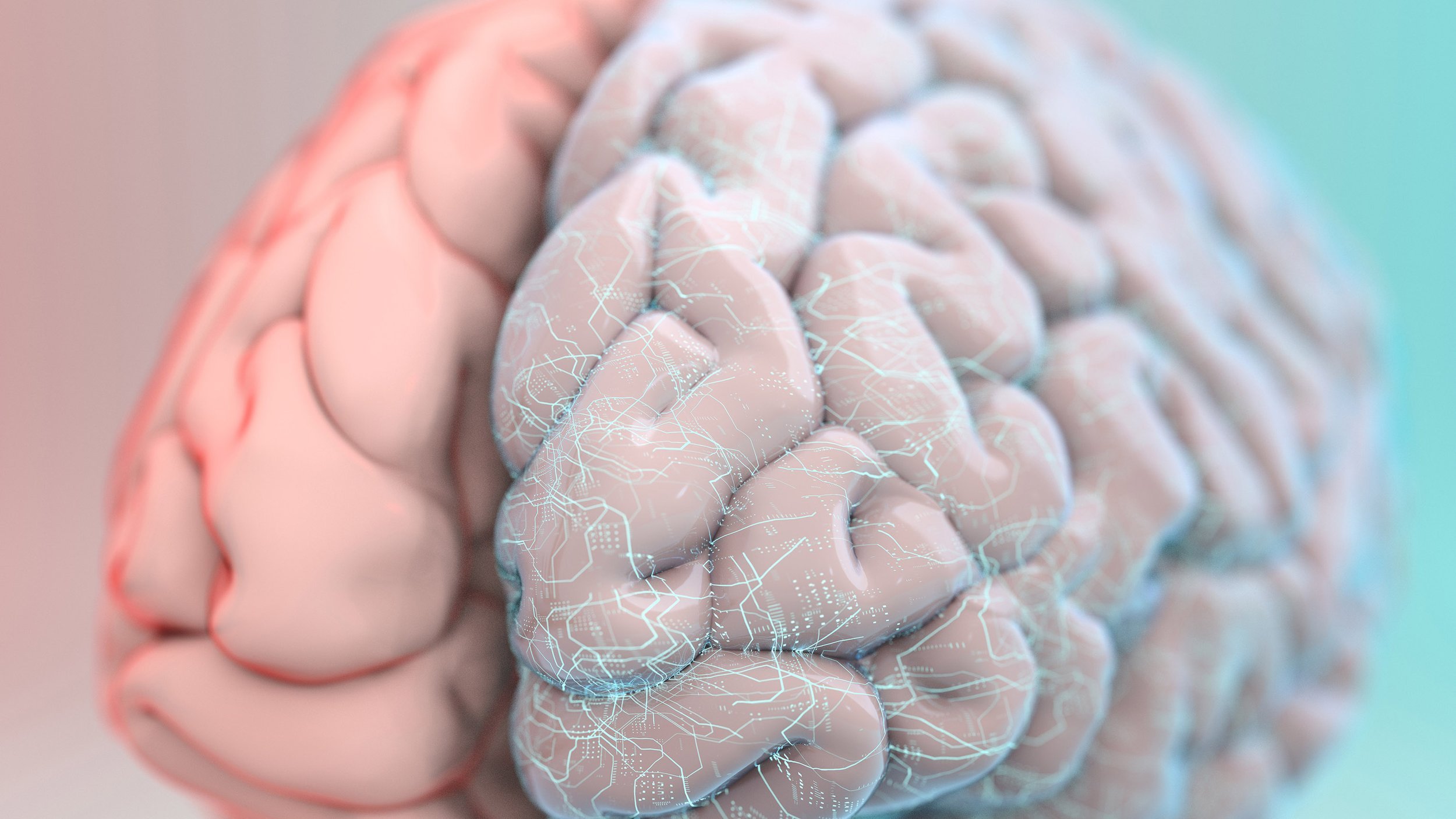BrainMind Special Forum: Neuromodulation + BCI + AI, Investor Day (June 2, 2024)


BrainMind Special Forum: Neuromodulation + BCI + AI, Investor Day (June 2, 2024)
On June 2, 2024, world-renowned experts will take us to the forefront of cognitive innovation. Delve into the rapidly evolving landscapes of neuromodulation, brain-computer interfaces (BCIs), and the interaction of artificial and biological intelligence. Immerse yourself in cutting-edge technologies that are transforming lives — enabling people to walk again, talk again, see again, and hear again. Not only are these scientific breakthroughs restoring function, they are offering transformative potential for mental health and human performance. Join us to see how these discoveries are decoding the brain and mind and redefining our relationship with technology for decades to come.
BrainMind gatherings are meticulously curated, bringing together select groups of visionaries, including top-tier investors, prolific philanthropists, trailblazing entrepreneurs, and groundbreaking researchers. We are all driven by a shared passion to unravel the mysteries of the human brain and harness this knowledge for the greater good.
BrainMind is designed to be a self-supporting platform for the advancement of brain-oriented ideas to humanity. By joining us at the benefactor or patron level, you are directly supporting a young artist or scientist’s work at this gathering. In the conference, scholarships are available for artists and scientists on a case-by-case basis. Please contact Diana Saville (dsaville@brainmind.org) if you would like to apply.
BrainMind is a best-in-class community with a shared mission to advance neuroscience innovation that will most benefit humanity.
Participants will explore a curated collection of cutting-edge discoveries in the science of the brain and mind, engage with the scientists behind those ideas, and advise promising early-stage companies - all with the goal of bringing brain science to the world at scale. Attendees are personally selected for their brilliance, effectiveness, sincerity, and intent.
WHAT TO EXPECT
Awe-inspiring short talks from the world's top brain researchers and entrepreneurs
Opportunities to break bread with speakers in small group settings
A chance to discover and advise high-impact companies in the BrainMind space
Discussions on creating a roadmap for philanthropic ventures in brain science
Expert-led breakout discussions on topics like bioelectronic medicine, neural interfaces, wearable technology, machine learning, neurostimulation, and more
Live neuroscience-inspired multisensory performances
A hands-on space to explore neurotechnology
Immersive art exhibitions
HOSTS
SPEAKERS
Speakers at BrainMind are chosen for their uniquely disruptive contributions to their respective fields. All speakers are available to engage with participants. Speakers delivering mainstage talks also host intimate roundtable discussions over lunch and during the afternoon program.
Speakers on June 2nd for the Brain Special Forum on Neuromodulation + BCI + AI include:
Ed Boyden, MIT
Optogenetics, Neural Circuitry Mapping
Heather Berlin, Mount Sinai
What Does It Mean To Be Human in the Age of AI?
Paul Sajda, Columbia University
Machine Learning, Arousal States, Decision Making
Amy Baxter, Pain Care Labs
Mechanical Neuromodulation: Trust The Force
Helen Mayberg, Mount Sinai
What is Well?
David Chalmers, NYU
The Hard Problem of Consciousness, Panpsychism
Maryam Shanechi, USC
AI-based Neurotechnology
Kafui Dzirasa, Duke University, The Collective for Psychiatric Neuroengineering
Psychiatric Neuroengineering, cell type specific neuromodulation
AGENDA
SUNDAY, June 2nd, 2024
DAY 1: NEUROMODULATION + BCI + AI
8:00 AM Breakfast & Registration, Experiential NeuroLab opens
9:00 AM Welcome and Musical Performance
9:20 AM Plenary Session
12:45 PM Lunch with Speakers
1:45 PM Entrepreneur Spotlight
3:00 PM Breakout Discussions
4:15 PM Immersive Experience
5:00 PM Day 1 Summary
5:15 PM Reception
6:30 PM A Feast of Ideas: Dine with BrainMind Experts
PARTICIPANTS
BrainMind Special Events are invite-only. All participants are members of the BrainMind ecosystem and are carefully selected for potential contribution, influence, and intent.
ENTREPRENEUR SPOTLIGHT
Featured entrepreneurs will present groundbreaking ideas and pose impact-related questions to participants. Spotlight entrepreneurs will also host breakout discussion tables. Our Experiential Neurolab will also feature live demos from neurotech entrepreneurs in the BrainMind Ecosystem.
Spotlight entrepreneurs include:
Connor Glass, Phantom Neuro
Meredith Perry, Elemind Technologies, Inc.
John Donoghue, Institute for NeuroElectronic Medicine (INEM)
Jay Sanguinetti, Sanmai Technologies
BREAKOUT DISCUSSIONS
Roundtables with 8-12 participants convene around preselected BrainMind topics with brilliant subject matter experts who are leaders in their respective fields. The breakouts are designed to encourage conversation and collaboration with presenters and other great minds.
Discussion modules include:
BREAKOUT LEADERS
Spotlight Entrepreneurs will also lead Breakout Discussion Tables on Sunday
Nina Vasan, PhD (Stanford)
LLMs for Mental Healthcare: Risks and Opportunities
Michael Lim, MD (Stanford)
Advances in Neuro-oncology
Feast of Ideas: Dinner with BrainMind Experts
MULTISENSORY EXPERIENCES
BrainMind recognizes the arts as a key pathway to brain health and wellbeing, which is why we prioritize featuring outstanding artists and immersive experiences at all our gatherings.
New York City Musical Curators: Anna Gabriel and Michael Hermann, Reverberation
Reverberatation Featuring Neurosteer Tech
Michael Hermann and Anna Gabriel are cofounders of Reveberation with world renowned artist Peter Gabriel.
Reverberation operates at the convergence of music, science, technology, and medicine, wrapped in compelling entertainment and transformative tech. The studio explores music's impact on our brains and activities, creating media spanning books, TV, digital media, education, and live events. Reverberation aims to address some of the world’s most vexing problems through scientifically-rooted music and sound interventions.
EXPERIENTIAL NEUROLAB
BrainMind Summits always include a hands-on Experiential NeuroLab with exciting inventions, technology demonstrations, and artistic exhibits. Past experiences include mind-controlled visual media, AR and VR-based technologies, real human brains, 10-100x expanded brain segments, neuroscience-driven perceptual illusions, immersive education experiences, and more.
BRAIN-HEALTHY CUISINE
New research indicates that diet plays a significant role in brain function, impacting everything from memory to risk for brain diseases. We put these exciting findings into practice at our gatherings. You won’t find junky conference fare at our forum. Meals and snacks served at BrainMind feature foods and ingredients with published findings for brain health benefit. Learn more about our approach here.
DETAILS
Dates: Sunday, June 2nd, 2024
Time: Forum: 8:00AM - 6:00 PM, Feast of Ideas at 6:30PM o
Location: Exact location details will be disclosed upon registration
Hotels: See our recommended hotels here












































